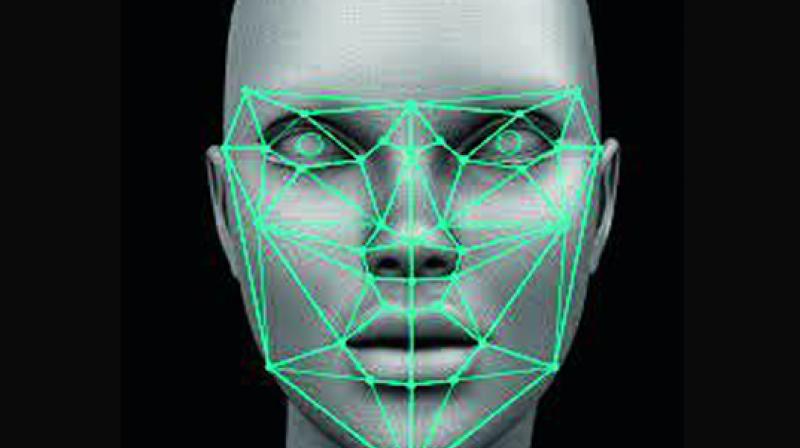Facial recognition at Changi to find latecomers

Singapore: Ever been delayed on a flight because of straggling fellow passengers? That might be an annoyance of the past at Singapore’s Changi airport which is testing facial recognition systems that could, in future, help locate lost travellers or those spending a little too much time in the duty-free shops.
Changi Airport, ranked the world’s best for six years straight in a survey by air travel consultancy Skytrax, is looking at how it can use the latest technologies to solve many problems, from cutting taxiing times on the runway to quicker predictions of flight arrivals.
It comes as the island state embarks on a ‘smart nation’ initiative to utilise technology to improve lives, create economic opportunity and build community ties. However, the proposed use of cameras mounted on lampposts that are linked to facial recognition software has raised privacy concerns.
Steve Lee, Changi Airport Group’s chief information officer, told Reuters that the airport’s experiments are not from a “big brother” perspective but solve real problems.
Facial recognition technology typically allows users to match the faces of people picked up on cameras with those in databases.
Lee said they have tested technology that could allow for this, and are working with various businesses, adding that they should have some capability to do this in a year’s time.
While he declined to provide names of the firms involved, France’s Idemia, previously known as OT-Morpho, has previously provided some facial recognition technology to Changi.
Changi’s newest terminal, T4, already uses facial recognition technology to offer self-service options at check-in, bag drop, immigration and boarding.
The technology means there are fewer queues and fewer visible airport or security staff.
Luggage is dropped at unmanned booths that take your photo and match it against your passport. You are snapped again at an automated security gate at immigration, a picture that is used to verify your identity at the boarding gate.
Changi is exploring how facial recognition can be implemented in its three older terminals.

